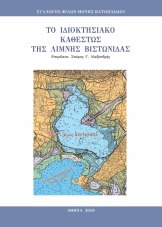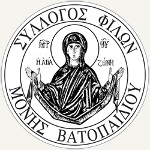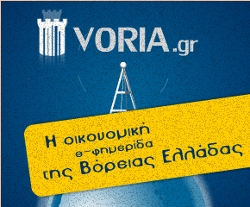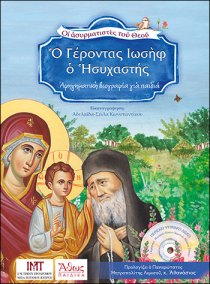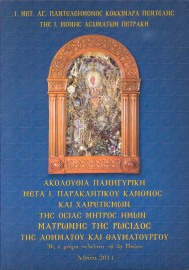 Hiermonk Benedict of Holy Mount Athos
Hiermonk Benedict of Holy Mount Athos
Preface
Among the problems which man must confront at his moments of prayer, are the various thoughts which enter his mind, or nous.
This booklet is not the result of an experienced study on this important topic of thoughts and reasonings. It is a discourse which took place some time ago. It is presented here in a much improved version without having lost its original figure of speech. Since there are many who struggle with obscene and impure thoughts and even more who «panic», this attempt is made so that the combatant and fighting Christian may understand what thoughts are, where they come from, what their results are, and how they are confronted.
